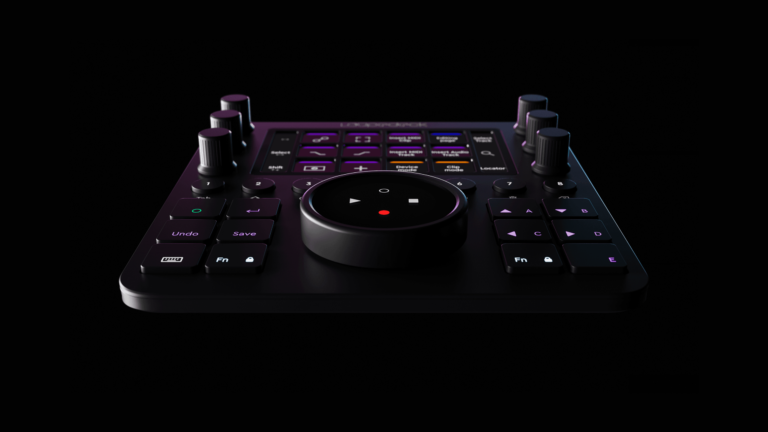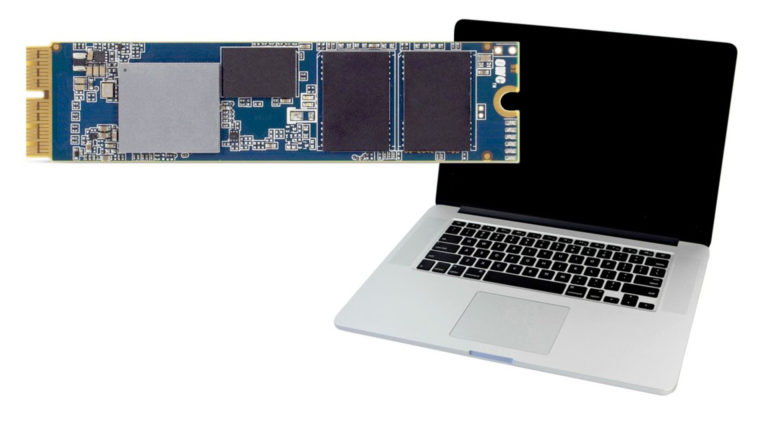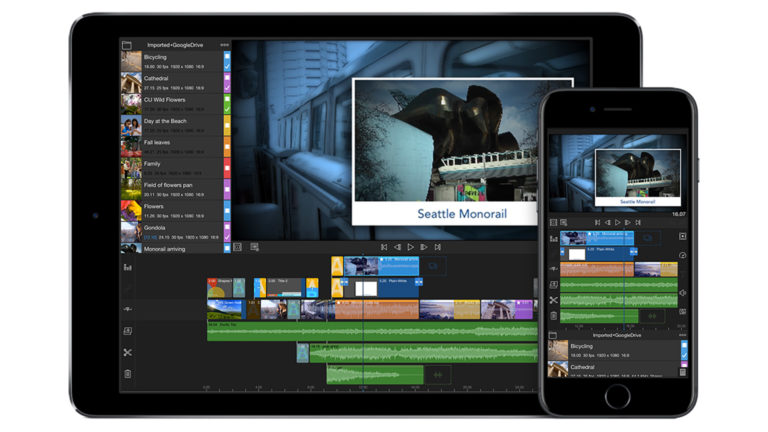A darker UI, new shortcuts and 64-bit power

Golden Nuggets
Digging beneath the surface, I found some golden nuggets added to the Vegas interface, which I’ve grown to love after first encountering them in Vegas Video 1.0 way back in 1999. Now Vegas Pro 9 sports a couple of nifty keyboard/mouse combos, and I started using them constantly as soon as I found out about them. (The first is an abbreviated way to split clips, using the mouse, as you hit Control/Shift/alt. Hover your cursor over the clip, and you’ve split a shot just like you did by pressing the "S" key in previous Vegas versions. But now, hold that key combo and you can drag the edge back or forward, splitting and trimming frames as you go. Neato! Another new trick: drag a clip as you press Aalt/Shift, and if you drag the clip to the left, it chops off frames at the beginning of the clip. Drag to the right, and frames from the end are incrementally reduced. Great idea, Sony.
64-bitness, Improved 32-bit Floating Point
Vegas also improves its compatibility with modern operating systems with this latest version. It now runs on the 64-bit version of Vista, basking in all the increased bandwidth available to that double-wide OS. That’s fortunate, because now you can throw lots more memory at Vegas’s hungry maw. For instance, I had a veritable cornfield of memory in my machine—12GB of RAM—giving Vegas a lot more headroom for whatever I wanted to do. Also obliquely related to that operating system advance is Sony’s improvement of the 32-bit floating point processing mode it started with version 8, now playing nicely with garden-variety 8-bit graphics with its new color level and contrast compatibility.
New Effects
Being the effects nut that I am, I couldn’t resist fiddling with Vegas 9’s new lighting effects, taking for a gleeful joyride the spacey-looking rays, glints, starburst and fill light routines lurking inside. The most useful was the fill light, which will forgive a multitude of lighting sins and efficiently flatten out a scene when you need it most. Those rays look positively nuclear, too, but I’m sure I’d be looking around for somewhere to use them, perhaps submitting to temptation where no effects were warranted. Still, I’m glad to see these new tricks, along with soft contrast and starburst effects, lying in wait for that time when I might actually use them appropriately.
RED ONE
Rounding out the modernization of Vegas Pro 9 is its compatibility with those trendy RED ONE raw files (as well as Sony’s own XDCAM EX), handling the huge frames (and others with 4K resolution) with the aplomb you’d expect. Now all we need is a PC capable of smoothly playing back these behemoths—even with a monster 8-core workstation packing an nVIDIA Quadro FX 4800 beast of a graphics card, Vegas still lagged when playing back RED clips with choppy hesitancy. But Vegas did better than I thought it would, helped along with its new ability to "adjust size and quality for optimal playback." Clever idea, and one I’d like to see in other editing software.
Vegas Love
It’s hard for me not to like Vegas Pro 9. This upgrade is nothing earth shattering, though. Its interface is slightly improved, but some users might not like the color change. Its newfound high-res alacrity might be appreciated by some, but it’s no big deal for those of us still mired in DV production. Those editing niceties are welcome, but not really worth the price of admission. Also welcome is its sophisticated Blu-ray production capabilities courtesy of DVD Architect 5.0, and disc-burning prowess from the Vegas timeline. But if you’re not a Blu-ray author, that won’t matter, either. Summing up, Vegas will delight first-time users, but upgraders: If, financially, times are tight, you might want to wait for the next go-round, when it may more likely be worth the price of admission.
Charlie White, a regular Studio/monthly contributor, is a television producer/director with 34 years of experience. He is the deputy editor of the NBC technology and consumer electronics site DVICE.com and the co-host of the Coolness Roundup on Sirius satellite radio.











Leave a Reply